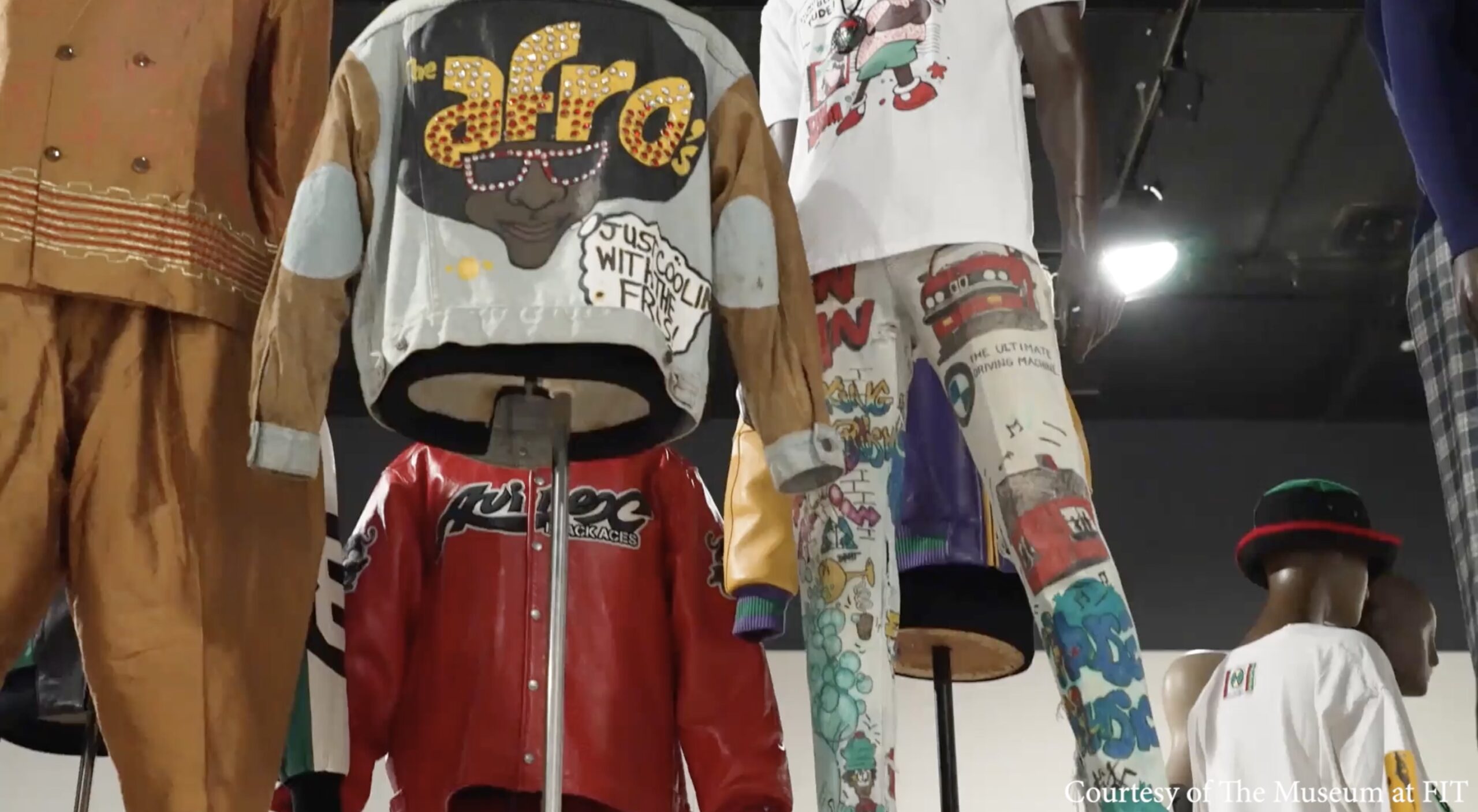Closer than best friends, Carmen Greico and her golden retriever, Bud, spend every waking moment together, and when she’s not awake, he’s lying nearby to ensure her safety. But this relationship is much more than one of companionship: Greico is blind and Bud is her guide dog.
“He is a pet and he is a worker,” she said. “There’s a very strong emotional attachment, very strong; there has to be, because you put your life, you put your safety, in this animal’s care.”
Greico, 64, of Levittown, Long Island, has been blind since she was 4-years-old and was diagnosed with retina blastoma, a cancer of the retina.
For years she used a white cane to help her get around. While attending college in the city, she said she didn’t feel the need for a guide dog because of the all people around to help her across busy streets.
But when she moved to Long Island, things were different. The streets were quieter and there were less people around to help, she said.
Years later, Greico is with her fourth guide dog and she said they have completely changed her life. The dogs have provided Greico with a chance to go where she needs to without fear, she said.
“I enjoy having the independence of being able to move around in my environment without having to necessarily ask for sighted assistance,” Greico said.
Most foundations that train the blind with guide dogs won’t do so until the person is 16 years old, but it wasn’t until her late twenties that Greico began to explore the idea of using a guide dog, she said.
“I wasn’t ready for a guide dog at that age,” she said. “In some ways I didn’t want to have the responsibility of traveling with a guide dog while I was going to college and graduate school.”
Greico first became interested in the idea when she was invited to an event for the Guide Dog Foundation. It was there that met a golden retriever.
“[He] was so calm and so, you know, not what I thought a guide dog was,” she said. “It kind of turned me around.”
And so began her longstanding relationship with The Guide Dog Foundation of Smithtown, Long Island.
The foundation, which is completely run on donations, not government funding, offers an in-house program to train the dogs and their new owners, she said.
“They know who you are, the environment you live in, the kind of work you do, and you’re interviewed personally, as well as having references,” she said.
Bill Krol, communications manager at The Guide Dog Foundation, said the entire process, from room and board, training, to the dog itself, is free of charge to the blind or visually impaired.
The foundation trains their clients for four weeks at their campus and also takes them to shopping malls and real world situations, to acquaint them with using the dog in public, Krol said.
“I love hearing them say that they have the freedom now to go wherever they want,” Krol said.
It worked wonders for Greico, she said.
“The guide dog right away enabled me to move faster, with less stress on myself, [not] considering everything what might be in my way,” she said.
Greico enjoyed the experience so much that she and long time friend Debbie Nicolay, 58, of Levittown, Long Island, began raising and eventually breeding their own puppies to be donated to Guide Dog Foundation.
Nicolay began raising puppies, with Greico’s help, in the late 1990s. Nicolay had a background in dog training and wanted to put it to use, she said.
“It was a way to combine those skills and help others,” she said.
Volunteer puppy raises will have the dog for the first year of their life, and then give it back to the foundation for formal training as a guide or service dog, Krol said.
Giving them back is the hardest part, Nicolay said.
“And then the tears start, the water works begin, because you’ve had this dog for a whole year, you love her,” she said. “So we always say, you’re going away to college, that’s the way we can cope with it.”
That may be why she and Greico own six dogs of their own, including Bud. All of their dogs have either been guide dogs and retired, or were trained to be but didn’t make the cut for reasons like size and ability to guide on harness, Nicolay said.
After raising them for years, Nicolay got her black Labrador, Jo.
They began breeding Jo so they could donate puppies to the foundation to be trained as guides.
“She’s a great mom, she’s just such a good mom,” Nicolay said, smiling. “And we love working with the foundation.”


Comments
[…] Guide Dogs Offer Independence to Owners Share this:FacebookTwitterMoreEmailLike this:LikeBe the first to like this post. Posted in Dogs, Features | Tagged blind, dogs, golden retrievers, independence, long island, new york, pets […]